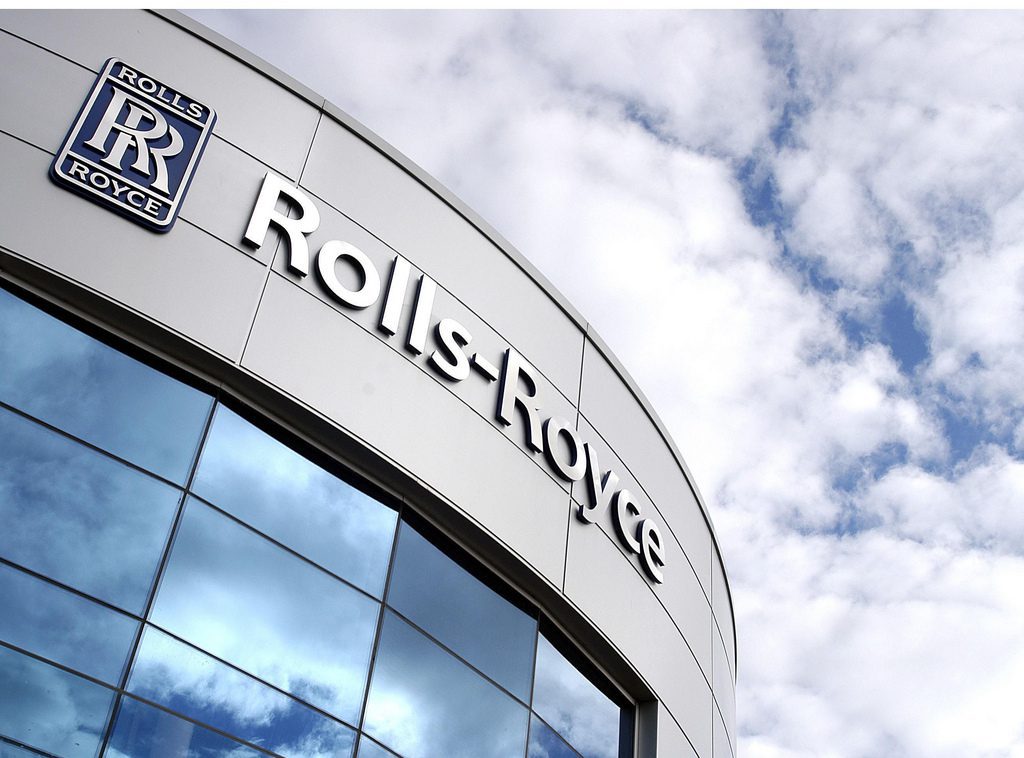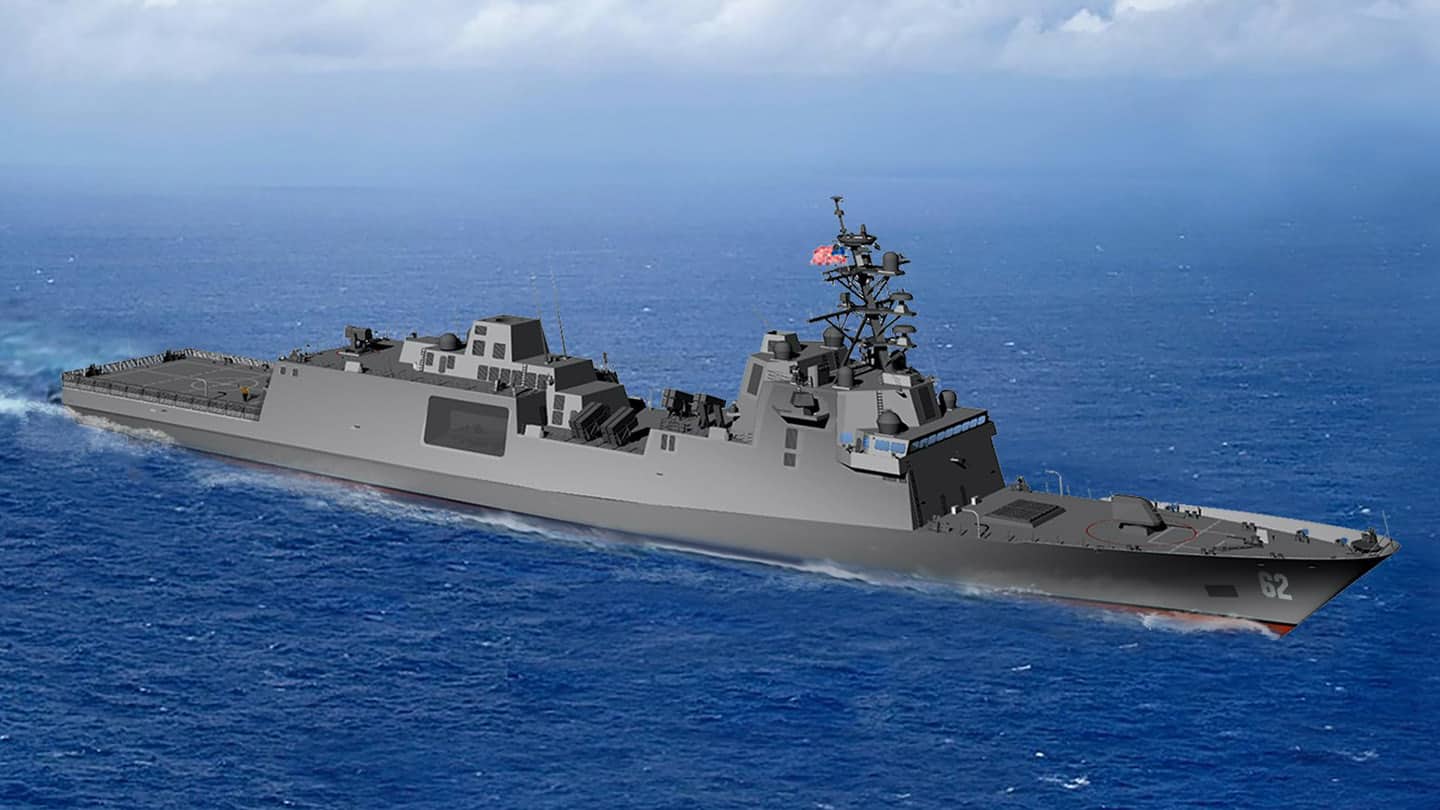By Terje Solsvik and Kate Holton
OSLO/LONDON, March 9 (Reuters) – Norway has suspended a planned asset sale by engine maker Rolls-Royce Holdings Plc to a Russian-controlled company as it assesses the security implications for the country’s navy, the justice ministry said on Tuesday.
Norway’s NSM security agency is assessing the 150 million-euro ($178 million) sale of Bergen Engines to a company controlled by Russia’s TMH Group, the ministry said.
Britain’s Rolls-Royce announced the planned sale on Feb. 4 as part of a disposal plan aimed at helping the maker of engines for aircraft and ships survive the pandemic.
Based in the city of Bergen on Norway’s west coast, Bergen Engines is, among other things, a supplier to NATO member Norway’s navy which is headquartered nearby.
“There is significant uncertainty in relation to national security interests, and this uncertainty must be dealt with,” Justice Minister Monica Maeland told a news conference, while adding the sale must be put on hold for the time being.
“We don’t know which conclusion we will draw,” she said.
Any ongoing due diligence linked to the sale must also be put on hold as long as the review is ongoing, the ministry added.
Norway in 2019 introduced a new security law, strengthening the government’s ability to impose conditions or outright block foreign acquisitions when vital national interests are at stake.
A spokesman for Rolls-Royce said it had alerted the government in the proper way before announcing the sale of Bergen Engines.
“We understand, however, that the Norwegian Government now wishes to further investigate the deal and Rolls-Royce will co-operate in any way we can with that review. As requested, we have paused the sales process,” the spokesman said.
TMH Group did not immediately respond to a request for comment.
Relations between Norway and Russia, which share a border in the Arctic, gradually improved in the post-Cold War era before a setback since 2014 amid Moscow’s annexation of Crimea from Ukraine. That triggered more tensions in the north with a military buildup on both sides and more frequent maneuvers.
Besides Bergen Engines’ commercial relations with Norway’s navy, authorities must also consider the wider implications of the Rolls-Royce deal, said Jakub Godzimirski, a research professor at the Norwegian Institute of International Affairs.
“It must be decided under Norway’s security law whether the new owners would get access to sensitive information,” Godzimirski said.
“If a Russian firm acquires a leading maker of engines, it could also give the Russian navy access to new technology,” he added.
While Norway welcomes foreign investment, this must be balanced against potential threats to national security, the justice ministry said.
“The security situation requires us to closely monitor foreign investments in strategic industries,” Maeland said, adding she plans to give a separate briefing on the matter to parliament.
The Russian embassy in Oslo did not immediately respond to a request for comment.
Bergen Engines makes medium-speed gas and diesel engines for marine and power generation customers and employs about 950 people. It generated revenue of 239 million pounds in 2019, Rolls-Royce said when announcing the planned sale.
Rolls-Royce shares were down 2.3% at around 1640 GMT, lagging a 0.4% rise in the FTSE 100 benchmark index. ($1 = 0.8435 euro) ($1 = 0.7211 pound) (Reporting by Terje Solsvik in Oslo and Kate Holton in London Additional reporting by Gleb Stolyarov in Moscow Editing by Jason Neely and Matthew Lewis)

 Join The Club
Join The Club












